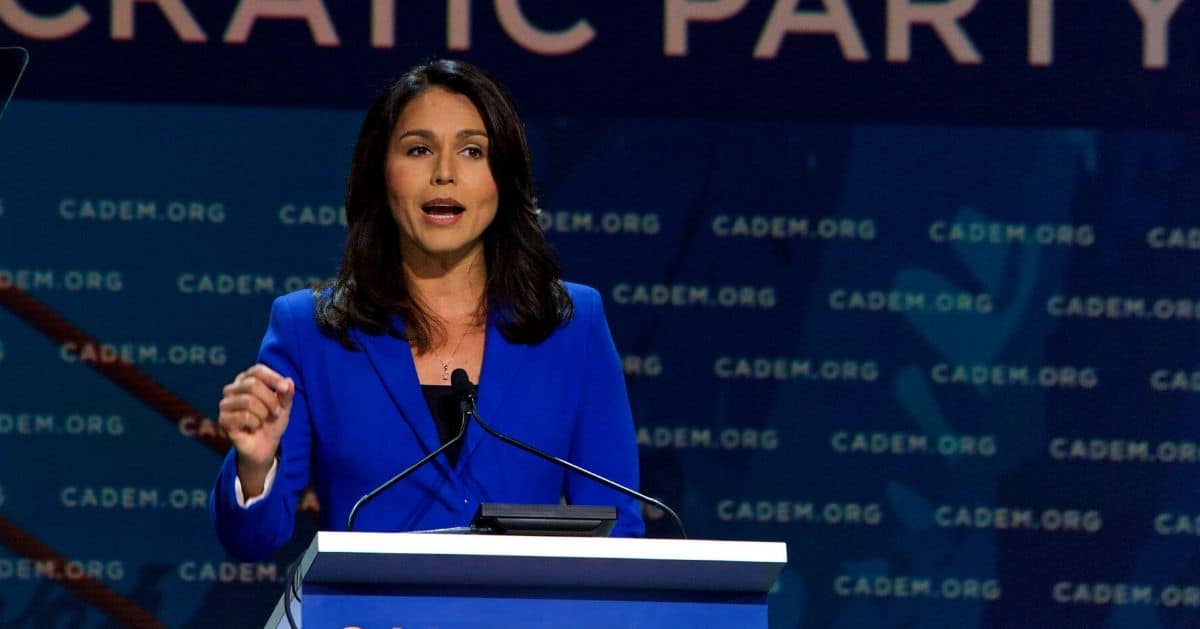






Imagine a grand project promising to honor a former president, only to leave taxpayers potentially footing a massive bill.
That’s the unfolding saga of the Obama Presidential Center in Chicago, where the Obama Foundation has deposited a mere $1 million into a pledged $470 million reserve fund meant to shield the public from financial risk. This glaring shortfall has sparked serious questions about accountability and transparency.
Fox News reported that the Obama Presidential Center, under construction in Chicago’s historic Jackson Park, is mired in controversy over skyrocketing costs, legal battles, and a critically underfunded endowment, leaving many to wonder if local taxpayers will be left holding the bag.
Let’s rewind to 2018, when the Obama Foundation secured a 19.3-acre slice of Jackson Park—often likened to Chicago’s Central Park—for a 99-year deal at a bargain price of just $10.
Critics have called this “use agreement” a clever sidestep of public trust laws, especially after a similar deal for filmmaker George Lucas was struck down in 2016 for violating those very principles. Yet, legal challenges against the Obama Center’s land deal, including the Protect Our Parks lawsuit, were dismissed by 2019, with courts ruling the project served a public purpose.
Fast forward to September 2021, when former President Barack Obama and former First Lady Michelle Obama attended a ceremonial groundbreaking for the center.
At that moment, the endowment—intended to protect taxpayers by generating interest for operating costs—sat at a paltry $1 million. That figure hasn’t budged since, despite a commitment to reach $470 million.
The project’s costs, meanwhile, have ballooned from an initial $330 million to at least $850 million, with the foundation already spending around $600 million on construction. Delays have plagued the build, fueling fears that financial shortfalls could shift the burden to Chicagoans. It’s a slow-motion trainwreck that’s hard to look away from.
Take a peek at the Obama Foundation’s latest tax filings, and the picture gets murkier. Revenue has fluctuated, fundraising has fallen short, and donor pledges remain unfulfilled, with cash reserves dropping nearly $80 million in a year to $116.5 million, while still owing $234 million in construction costs. Of the funding gap, millions hinge on conditional pledges that might never materialize if benchmarks aren’t met.
Here’s where it stings: the endowment was supposed to ensure the center’s operating costs—estimated at up to $40 million in its first year—wouldn’t tap taxpayer dollars by generating interest without touching the principal.
Experts suggest a fund of $800 million to $1 billion is needed for true sustainability, making the current $1 million deposit look like pocket change. It’s a promise that feels more like a polite suggestion than a commitment.
The foundation’s financial juggling act includes a $250 million credit line it hasn’t drawn on yet, though it’s shelling out hefty annual fees just to keep it open.
CharityWatch, a nonprofit watchdog, notes the foundation technically met the city’s vague requirement to “create an endowment” since no specific amount was mandated. Still, they acknowledge the volatility and risks of such a thin financial cushion.
Listen to Richard Epstein, a law professor from the University of Chicago and NYU, who doesn’t mince words on this mess: “They put a million dollars into a $400 million endowment, so it’s endowed.” He adds, “That gets you in jail as a securities matter.” His point is sharp—calling this an endowment is like calling a bicycle a Ferrari; it’s a stretch that could cost the public dearly.
Epstein’s critique doesn’t stop there. “Without an endowment, they’ll have to scramble every year to cover $30 million in operating costs,” he warns. This isn’t just academic nitpicking; it’s a real concern that the foundation’s yearly begging bowl could turn to taxpayers if funds dry up.
Then there’s the project’s broader context—a $40 million lawsuit tied to racial bias allegations hangs over the center, though details remain scarce. Add to that the criticism of the land deal’s labeling as a “use agreement” to dodge scrutiny, and it’s clear this isn’t just a construction project; it’s a political lightning rod.
The Obama Foundation, for its part, insists everything is under control, with a spokesperson declaring, “The Obama Presidential Center is fully funded.”
That’s a bold claim when the numbers tell a story of dwindling cash, unmet pledges, and an endowment that’s more symbolic than substantial. One wonders if “fully funded” means something different behind closed doors.
Looking ahead, the center is slated to open in spring 2026, aiming to celebrate Barack Obama’s political legacy with a 225-foot museum, digital library, conference spaces, a gymnasium, and even an NBA-sized court. It’s meant to be a civic hub, housing the Obama Foundation itself. But with financial strains tightening, the grandeur feels like a gamble.
Conservative voices, like Illinois GOP Chair Kathy Salvi, see this as part of a broader pattern of fiscal irresponsibility among state Democrats, accusing them of treating taxpayers as a bottomless wallet for political projects.
While her rhetoric carries a partisan edge, the underlying concern about public liability isn’t easily dismissed. Chicagoans deserve clarity on who pays if this dream falters.



